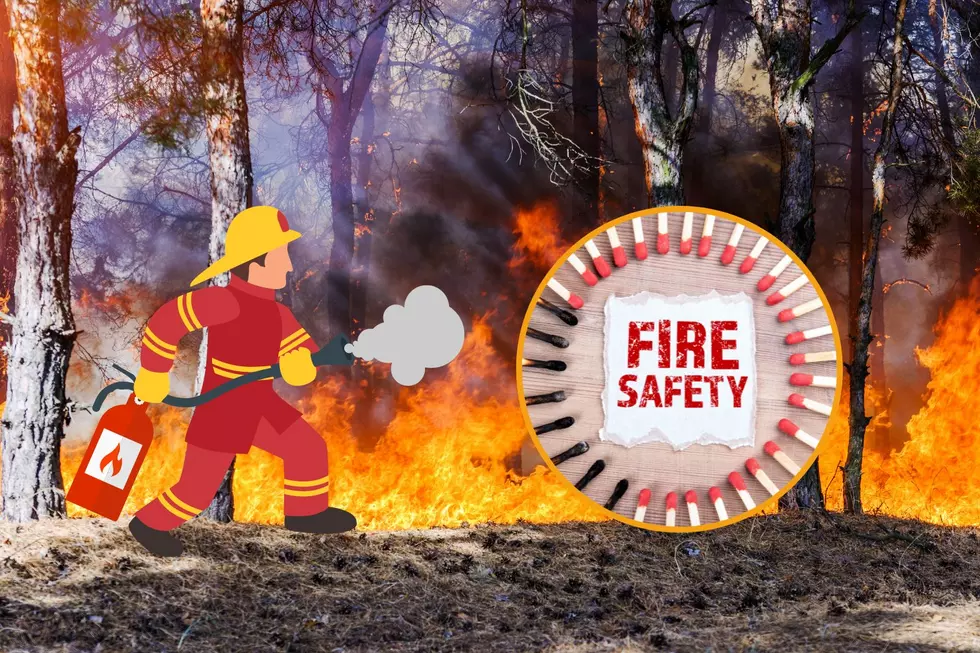
USDA Seeking Emergency Fund to Fight Forest Fires
The U.S. Department of Agriculture released information Monday showing how limited federal firefighting budgets have impacted states over the last two fiscal years (FYs 2012 and 2013). The state-by-state report provides examples of how funding for local wildfire preparedness, forest restoration, and other activities in nearly every state across the country has been used to instead fight fires when wildfire suppression budgets did not fully cover firefighting costs.
The President's FY15 Budget proposed a new approach to addressing wildfire suppression costs, modeled after bipartisan legislation introduced in both houses of Congress. The new proposal would set aside an emergency fund, similar to emergency funds already available for other natural disasters, to cover costs for the most catastrophic of wildfires, avoiding the pattern in recent years of raiding other critical programs.
Agriculture Secretary Tom Vilsack said "until firefighting is treated like other natural disasters that can draw on emergency funding, firefighting expenditures will continue to disrupt forest restoration and management, research, and other activities that help manage our forests and reduce future catastrophic wildfire."
Vilsack said the wildfire season is 60-80 days longer and burning twice as many acres as compared to three decades ago. In the early 1990s, the Forest Service spent less than 15 percent of its budget on fire suppression. Today the agency spends 40 percent or more for fire suppression.
More From 101.9 KING-FM









